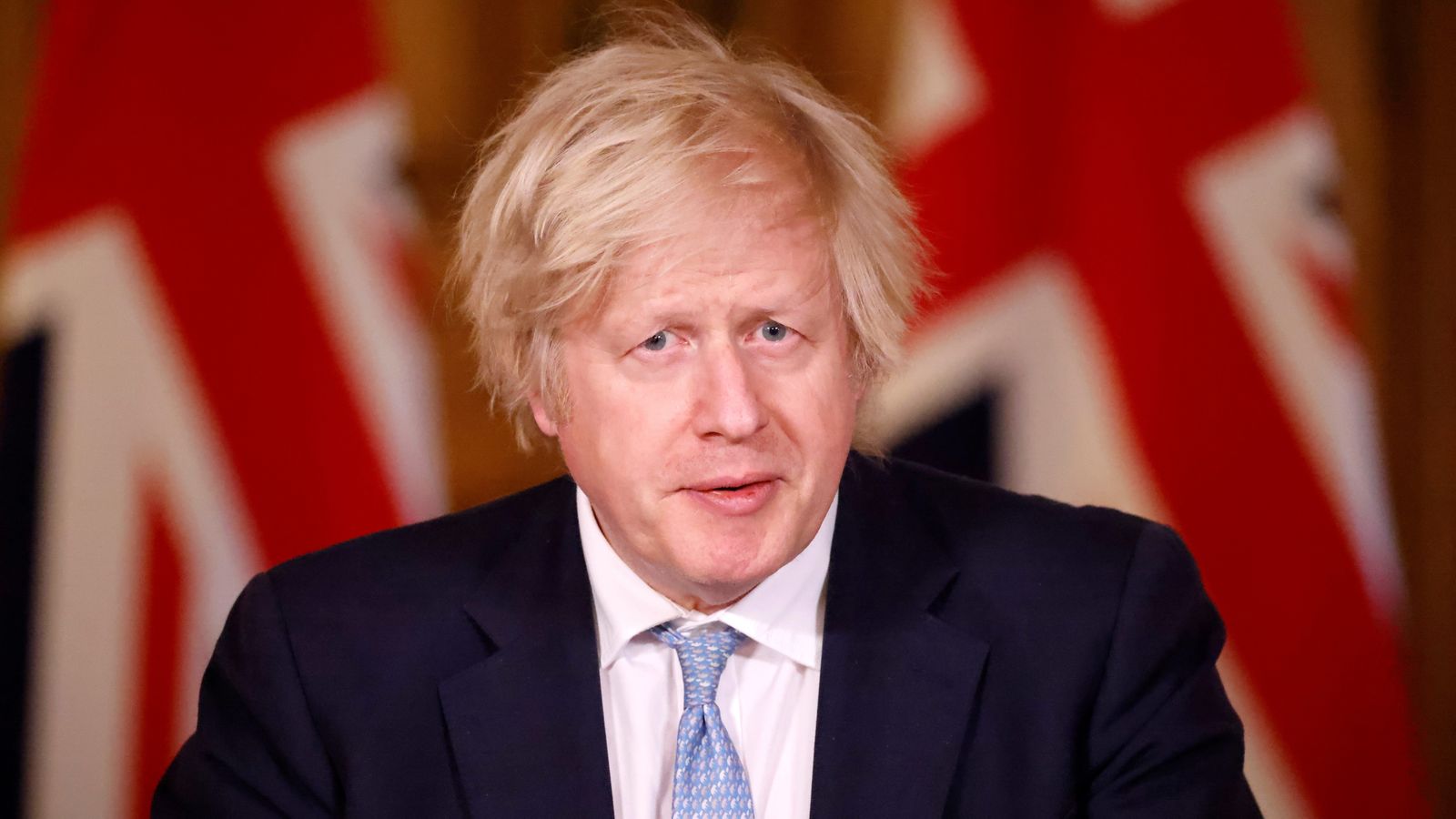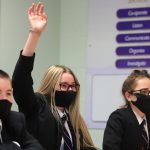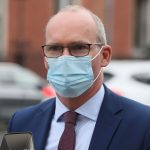The prime minister has said there will be “no change” to England’s lockdown easing roadmap, despite the NHS warning of a “significant reduction” in the supply of coronavirus vaccines next month.
Speaking at a Downing Street news conference, Boris Johnson said: “Our progress along the road to freedom continues unchecked.
“We remain on track to reclaim the things we love, to see our families and friends again, to return to our local pubs, our gyms and sports facilities and of course our shops.”
Live COVID updates from the UK and around the world
A need to retest more than one-and-a-half million COVID-19 vaccine doses – as well as delays to doses arriving from India – will lead to a cut in the supply of jabs next month.
Addressing this at the latest Number 10 briefing, Mr Johnson said: “We’ve always said in a vaccination programme of this pace and scale some interruptions in supply are inevitable and it is true that in the short-term we’re receiving fewer vaccines than we had planned for a week ago.”
He added: “We will receive slightly fewer vaccines in April than in March, but that is still more than we received in February.”
The PM said “the supply we do have will still enable us to hit the targets we have set” for vaccines.
The UK has set a target of offering everyone in the top nine priority groups – all over 50s and everyone with an underlying health condition – a jab by the middle of April.
Meanwhile, the plan is to vaccinate all UK adults by the end of July.
Please use Chrome browser for a more accessible video player
Mr Johnson revealed at the news conference that he would be getting an Oxford-AstraZeneca jab on Friday.
The UK’s medicines regulator has said that any link between the Oxford-AstraZeneca COVID-19 jab and blood clots is unproven and the benefits of the vaccine outweigh any risks.
More than a dozen EU countries have suspended its use after reports of some people suffering blood clots after being vaccinated.
The World Health Organisation has said that the benefits of having the vaccine outweigh any risks, while the European Medicines Agency said on Thursday that the jab was “safe and effective” to use.
The UK’s Medicines and Healthcare products Regulatory Agency (MHRA) said it has received five reports of a specific brain blood clot in individuals who have had the Oxford-AstraZeneca vaccine, although no causal link has been made with the jab.
Please use Chrome browser for a more accessible video player
The five were men aged between 19 and 59 who experienced a clot together with low blood platelet count. One of them has since died.
The MHRA is investigating the reports, but stressed the events were “extremely rare” and they could have been caused by coronavirus itself.
It is not known at this stage whether the individuals had underlying health conditions.
The MHRA said the number of cases translated to a less than one in a million chance of suffering this type of clot among those who have had the jab.
In contrast, the risk of dying from coronavirus aged 40 to 49 was one in 1,000.
Dr Phil Bryan, vaccine safety lead for the MHRA, said the blood clots were “extremely rare” whereas vaccines were “highly effective” in stopping death and hospitalisation from the virus.
The developments come after the NHS warned of a month-long “significant reduction” in the weekly supply of vaccines.
Facing MPs earlier on Thursday, Health Secretary Matt Hancock said the UK was “currently right now in the middle of some bumper weeks of supply”.
It was announced on Wednesday that the UK has now administered more than 25 million first doses.
However, the health secretary admitted that supply in April will be “tighter than this month and we have a huge number of second doses to deliver”.
Around 12 million people will require their second jabs next month.
Mr Hancock is insistent that the reduction in supply will not affect the targets for the UK’s vaccine rollout.






















